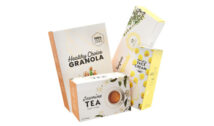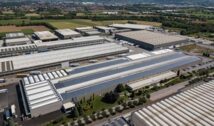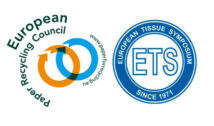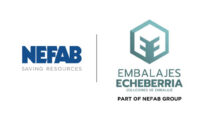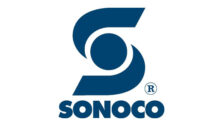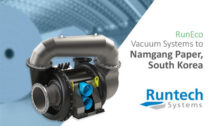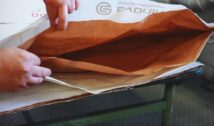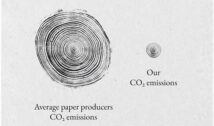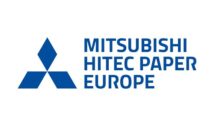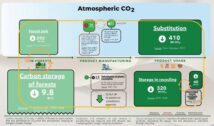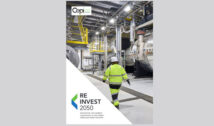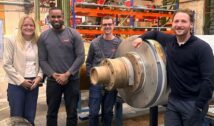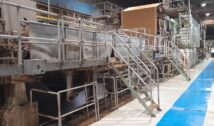
Tissue is pretty much consumer business and consumers are ecologically conscious – their buying decisions direct producers towards sustainable operations.
Growing worldwide demand for tissue products attracts new players and encourages existing wood fibre manufacturers to reorient their production. How do you manage the new challenges brought about by entering a fast-moving consumer goods business?
With tissue demand predicted to grow around 4 percent year-on-year up to 2025, one of the fastest-growing wood fibre businesses, many existing mills are retooling for tissue production, and new players are entering the market.
To reach sufficient scale to obtain profitable market share, as well as increase the industry’s negotiating power regarding both raw material producers and the retail market, consolidation within the industry is expected to gather pace.
New lucrative business, but with faster pace and cost pressures
Three factors are particularly relevant in the tissue industry.
- Tissue is consumer business where sustainability is leading trend.
- Tissue products are fast-moving consumer goods – 65% are sold to consumers. Especially, new entrants need to adapt to moving at a faster pace.
- The predominance of the consumer market requires preparedness to produce and sell enough at lower margins.
A make-to-stock business, as tissue is, requires accurate and fast demand forecasting. This is compounded by the need to react quickly to rapid changes in demand.
Production optimization is of utmost importance. The most crucial things to focus on are runnability because most tissue mills also convert the product, and processing line optimization.
Tissue business and sustainability
Since Tissue is pretty much consumer business and consumers are ecologically conscious nowadays, their buying decisions direct producers towards sustainable operations.
It is not only about the sustainability of the end product, like reducing packing materials or replacing plastics in wrappings etc. Quest for sustainability must also cover production and raw materials.
In practical terms, when you get more yield from your production and consume less resources to do that, high production efficiency supports your sustainability targets.
Obviously, getting more with less is not only about sustainability but also impacts to profitability.
MES, the efficient middleman between corporate ERP and automation
Because the optimization of the entire value chain is crucial for a tissue mill’s success, a MES (Manufacturing Execution System) system is a top priority for production efficiency, product traceability and integrated quality.
MES sits in the middle of ERP (Enterprise Resource Planning) and automation, enabling harmonized production business processes and standard integration to automation. It improves production efficiency with planning, linking Tissue paper making and Converting planning together. It also enables traceability of chemicals and gives detailed consumption figures for costing purposes, and provides harmonized, detailed Overall Equipment Effectiveness (OEE) reporting for benchmarking between production lines and mills.
A well-designed MES runs locally and thereby ensures business continuity enabling 24/7 production also when centralized systems are not available. This is important as mills are often small and in places where networks are not very reliable.
Keep costs in check while making the most of production
Tietoevry’s TIPS for Tissue solution checks all the boxes of an efficient solution for tissue manufacturers.
It helps you towards fast, accurate demand planning, and gives quick reports on raw material consumption, costs, and profits even in quickly varying situations. Production planning is integrated with purchasing, ensuring all needed resources are available to produce the right products at the right time at maximum speed. It improves runnability on the shop floor, maximizing operational efficiency. Quality information follows every jumbo roll, and variable branding for retail is easy to do.
Because TIPS for Tissue is enabled for Artificial Intelligence (AI) and Machine Learning (ML), it can help pinpoint optimal parameters even for processes almost impossible to measure, such as runnability, with soft sensors. TIPS accumulates vast amounts of information that help your production optimisation.
Tietoevry, the tissue manufacturer’s trusted partner
Tietoevry has more than 50 years’ experience as a partner for the pulp and fibre-based industries, all the way down to retail. Coming from Finland, a Nordic country known for its engineering prowess and that has lived off its forest for centuries, the company with its 24,000 employees working in 90+ countries and annual revenues of 2.8 billion euro is the largest IT services provider in the Nordics. The market leader in MES systems, more than 400 experts are involved with the pulp, paper, board, packaging, and tissue industries.
Building on strong industry knowledge, the first tissue-geared systems are already delivered, with several others nearing completion.
Tips for Tissue is a full manufacturing concept for the tissue industry, addressing its pain points with an industry standard solution.



